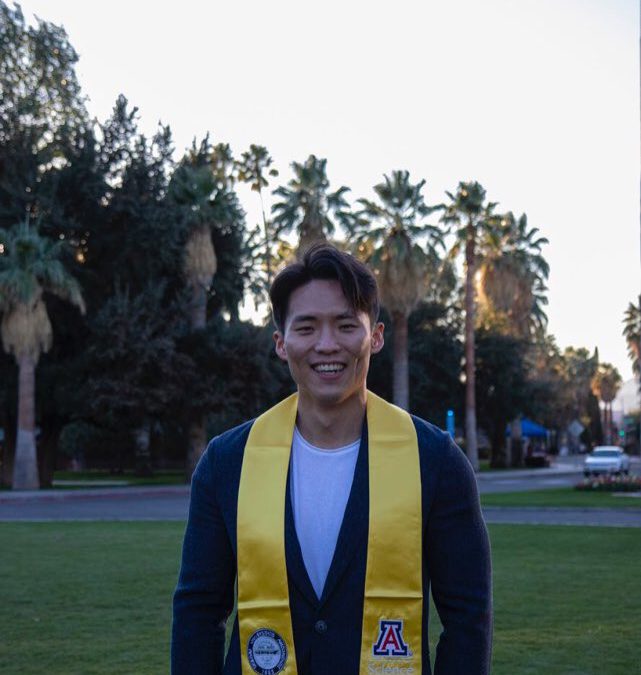WASHINGTON – With the U.S. presidential election fast approaching, international students enrolled in American higher institutions are cautiously gauging the impact on their futures of a second term for President Donald J. Trump compared with a victory for former Vice President Joe Biden.
International students are estimated to boost higher education revenue by about $41 billion a year and account for 5.5% of the U.S. higher education population.
While Trump ordered foreign students to leave the U.S. if they were unable to take in-person classes in fall, that policy was withdrawn after a storm of legal challenges lodged by colleges. But it sowed anxiety and confusion among many foreign students across the academia.
Despite the policy, some international students, unlike most American college students, approve of the reshaped American immigration system designed by the Trump administration.
“In essence, I stand with Trump’s crackdown on illegal immigrants,” said Kay Oh, a recent South Korean graduate of the University of Arizona and an intern for a Phoenix-based firm.
Oh is currently working in the U.S. under the Optional Practical Training program, which allows international students to legally work full-time for 12 months upon completion of degree programs.
To qualify for the OPT program, Oh had to pay tuition, living expenses and health insurance. Many universities do not provide need-based financial aid to international students, making the cost of a U.S. college education higher than what a typical American student would pay.
As someone who legally earned employment rights, Oh dislikes people who enter the U.S. illegally.
“It is only fair for a country to put its citizens and legal immigrants first,” said Oh. “I do not approve of Trump’s inflammatory language and his COVID-19 response was a failure, but people should look at the core of his policies.”
For international students who are not from China, four more years of Trump’s presidency could mean more job opportunities for them.
A presidential proclamation on May 29 accused Chinese authorities of using a small subset of students “to operate as non-traditional collectors of intellectual property,” and the State Department revoked the visas of more than 1,000 Chinese students and researchers deemed to be high risk.
“With fewer Chinese students seeking post-graduation employment in the U.S. due to federal restrictions and unfavorable climate against Chinese nationals, I expect there to be more openings for other international students,” said a Washington-based non Chinese student who wished to remain anonymous to be able to speak freely.
Temporary employment visas valid for three years are granted on a lottery basis due to the federal laws that limit the number of visas issued every year.
“If Trump gets re-elected, more and more Chinese students would rather choose to return to their country to find jobs, making the competition for employment visa less fierce than before,” he added. More than one-third of international students in the U.S. are from China.
But other international students are less interested in Trump’s immigration policies and focused more on other dimensions that characterize his presidency.
“I do not know politics well so I can only say from what I have heard and felt in the past four years,” said Akane Tokusumi, a Japanese student with a U.S. permanent residency at Indiana University. “But as Trump assumed office, I have seen a flood of neo-Nazi and white supremacist posts on social media platforms, and even a KKK flyer found near my apartment.”
Tokusumi became afraid for herself and her friends who could have become the target of extremist violence that Trump has downplayed down. Albeit lacking the right to vote, she is not looking forward to another term of Trump.
The number of international students in the U.S. has dropped for three straight years. A 3% dip in fall 2016, the first downturn in about a decade, was followed by a 7% in 2017 and 1% decline in 2018, according to the Institute of International Education.

